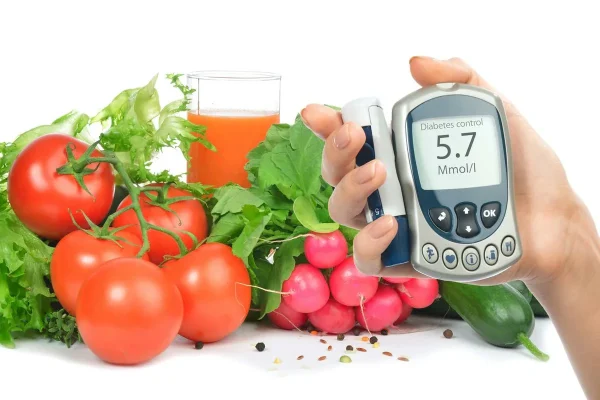The struggle to extend the limits of life by trying to reverse biological age has become the latest great desire
Nephrologist Borja Quiroga explains the key protein for longevity and what to do to increase it.
The struggle to extend the limits of life by attempting to reverse biological age has become the latest great desire and a real boom in biomedical and health science literature, judging by the number of publications on the term longevity in PubMed, a database of health science research articles.
It is a hot topic at a time when science, preventive medicine and awareness of healthy habits are advancing at a rapid pace. Of course, today we are not only seeking to live longer, but to do so with quality of life. The challenge facing us as a society is undoubtedly to age healthily: to reach our centenarian years without cognitive decline and with reasonable physical autonomy.
In Spain, life expectancy exceeds 83 years, ranking among the highest in the world thanks to the Mediterranean diet, the healthcare system and a socially active lifestyle. This data reflects a global trend towards healthy ageing, which is attracting interest from the general public, researchers and healthcare companies alike.
Klotho: a protein that promotes healthy ageing and improves longevity
What if there were a protein capable of slowing down ageing and protecting our brain and heart? In this context, Dr. Borja Quiroga, a specialist in nephrology at La Princesa University Hospital (Madrid) and author of the book “Por mis riñones que hoy como bien” (Ed. Rosamerón), points out that such a molecule exists and is found in the kidneys. We are talking about the Klotho protein, which is arousing growing interest in the scientific community due to its direct relationship with ageing and kidney health.
In a recent interview with nutritionist Ángela Quintas on the podcast “¿Cómo comes?” (How do you eat?), the specialist highlighted how this compound could become one of the keys to understanding and treating multiple diseases associated with ageing.
Several studies have shown that increasing its levels increases life expectancy by 15% to 20% in animal models, as well as improving both physical and cognitive health as we age.
It acts as a biological shield, protecting against cellular deterioration and performing antioxidant, anti-inflammatory and phosphorus metabolism-regulating functions, which are key elements in slowing down ageing processes such as sarcopenia, osteoporosis and cognitive disorders.
Keys to increasing Klotho protein
- Minimise your consumption of inorganic phosphorus, which is very present in additives and ultra-processed foods, as it reduces the amount of Klotho available.
- Adopt a healthy diet, prioritising fresh foods and avoiding excessive consumption of ultra-processed foods.
- Control inflammation and oxidative stress factors with regular exercise and healthy lifestyle habits, as both inflammation and oxidative stress accelerate the natural decline in Klotho that accompanies ageing.

Quiroga explains that the Klotho protein was discovered in the late 1990s, after it was found that mice with a deficiency of this gene aged prematurely. ‘When Klotho levels decrease, oxidative stress, inflammation and deterioration of phosphocalcic metabolism increase, factors associated with loss of renal function and systemic ageing,’ says the expert.
This protein is mainly produced in the kidney and brain, although its presence has also been detected in other tissues, suggesting a broader role in regulating body balance. According to Quiroga, its action goes beyond the renal sphere: it influences vitamin D metabolism, cardiovascular function, neuronal protection and even insulin sensitivity.
Physical exercise and ultra-processed foods, factors that influence Klotho production
“When does Klotho decrease? When I have kidney disease, which is why it is important to know if I have it, and in two situations that are within everyone’s reach. One, when I stop doing sport and when I start doing it again, I regenerate Klotho. Keep that in mind, because it’s within everyone’s reach. I believe that when it comes to sport, we should aim to do between 90 and 150 minutes of cardio exercise per week,‘ he explained, adding another 7-10 minutes of ’isometric strength training”.
The former specialist emphasises that ‘regular physical exercise, an anti-inflammatory diet rich in fruit, vegetables and omega-3, and adequate rest can help maintain its expression’. The nephrologist explains that people who eat a lot of ultra-processed foods will age much more than those who do not consume them, so a diet free of ultra-processed foods is key to preventing the ageing of our bodies.
Although there are still no specific drugs that directly enhance Klotho production, several research groups are working on therapies that mimic its effect. The nephrologist concludes that understanding how to modulate the Klotho protein could open the door to a new type of preventive medicine, focused not only on living longer, but on doing so with a better quality of life.





